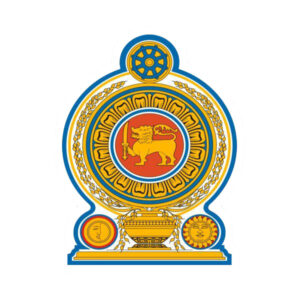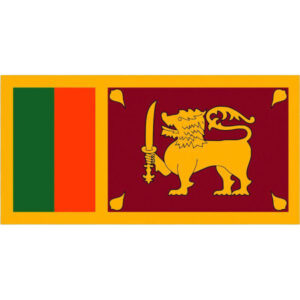Government of Sri Lanka
Sri Lanka’s governance system is a unique blend of semi-presidential and parliamentary frameworks, rooted in its Constitution. The President of Sri Lanka, serving as both head of state and government, leads a cabinet of elected parliament members for a six-year term. Legal immunity is granted to the President during their tenure, with a significant change in 2010 removing the two-term limit.
  |
The Parliament, with 225 members elected through proportional representation, holds the power to enact laws. The President can summon, suspend, or dissolve sessions, with dissolution possible after a year. The Prime Minister, appointed by the President, shares executive responsibilities, particularly in domestic affairs.
Sri Lanka’s robust judicial system includes a Supreme Court, Court of Appeal, High Courts, and subordinate courts. Influences range from British criminal law to Roman and Dutch civil law. Customary laws and religious practices are respected, with the President responsible for appointing judges to higher courts and a judicial service commission overseeing lower court appointments.
Sri Lanka’s governance structure reflects its commitment to democracy, cultural diversity, and the rule of law, showcasing its rich heritage and dedication to fundamental principles.